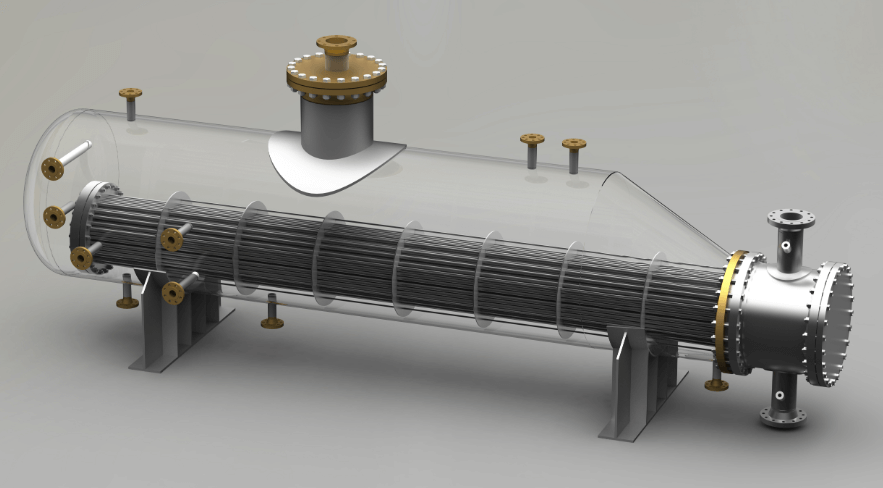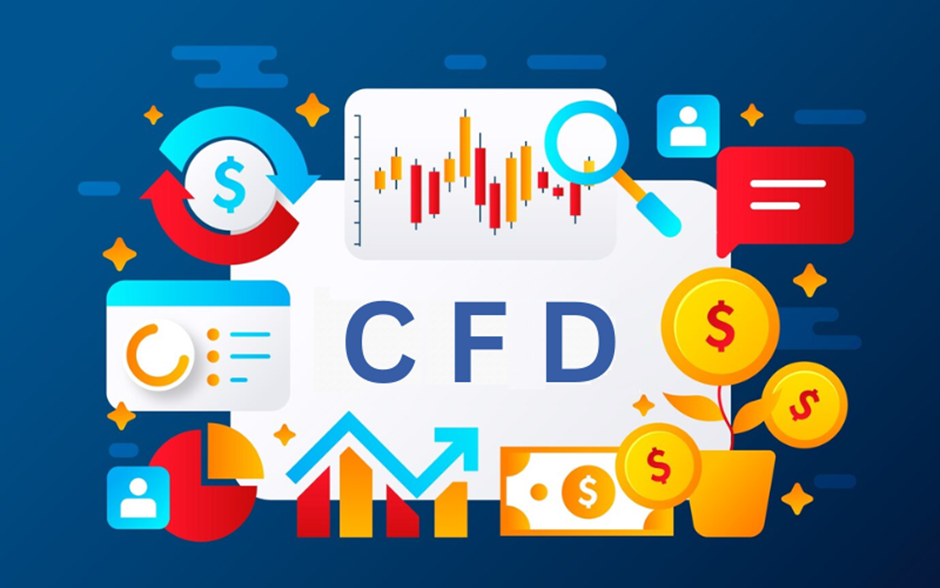A business is defined by the IRS as an entity or organization that conducts commercial, professional, or industrial activities for profit. Most businesses are either for-profit organizations or non-for-profit enterprises that conduct to meet a social purpose or further a humanitarian cause. Examples of a business are corporations, partnerships, joint ventures, and unincorporated associations. The sole purpose of a business is to make money.
For-Profit Organizations: Under the laws of most states, for-profit businesses may include cooperatives, shops, stores, franchises, and other cooperatives. For-profit businesses have separate taxation from other businesses. This is because most businesses are considered to be for- profit organizations under state law. Cooperatives, on the other hand, are co-ops, bands of workers, students, or community members pooling their resources to buy, construct, or open businesses that provide a public service. Community members are also generally considered part owners in most businesses. Therefore, if a business is formed for the benefit of the community, it may be taxed as a cooperative business under most state laws.
Spin Coaching Business: A spin-off of the real estate world, a spinco coach is a professional who coaches other business people on how to set up their own business. If you’ve ever watched the infomercials or commercials about real estate professionals, then you probably noticed the real estate professional with all the degrees and certifications. Real estate business means setting up houses, apartments, condos, and rental properties. Business owners like real estate professionals because they can help people get mortgages, rent out properties, and do all sorts of real property business activities.
Limited Liability Company: In order to establish a business, a person or entity must establish a legal entity known as a corporation, limited liability company, or some other similar formation. The main purpose of these types of business structures is to limit personal liability. The word “limited liability” in the formation does not mean that the company or individual is personally liable for any business activities and personal assets. Instead, it simply means that the assets of the business will only be protected from any lawsuits and that the business owner will be solely held responsible for all business activities and personal assets owned by the LLC or LLCs.
Parent Company: Parent companies are created by creating a new company that will eventually become the main business of another entity. For instance, suppose you sell a product to your friends at your house on a hot summer day. Later that evening, you decide to have a party and invite your friend Bob to come by so that you can tell him what you have for sale. At nightfall, Bob comes by and purchases your product. Since you have not created a new company, but just used Bob’s main business as a way to pay your bills, Bob will be able to sue you because you did not set up an LLC to shield you from liability for his purchase.
Limited Liability Company: Another way that a spinco business means different things to different people is by including a limited liability clause. Simply put, a limited liability company allows owners to limit their liability. An LLC will only be held responsible for its activities during the time it is actively conducting business. It will not be held responsible for being in a P Entering State during the time period of the P Entering State unless, of course, the state law specifically allows it to be in this state during this time period.




